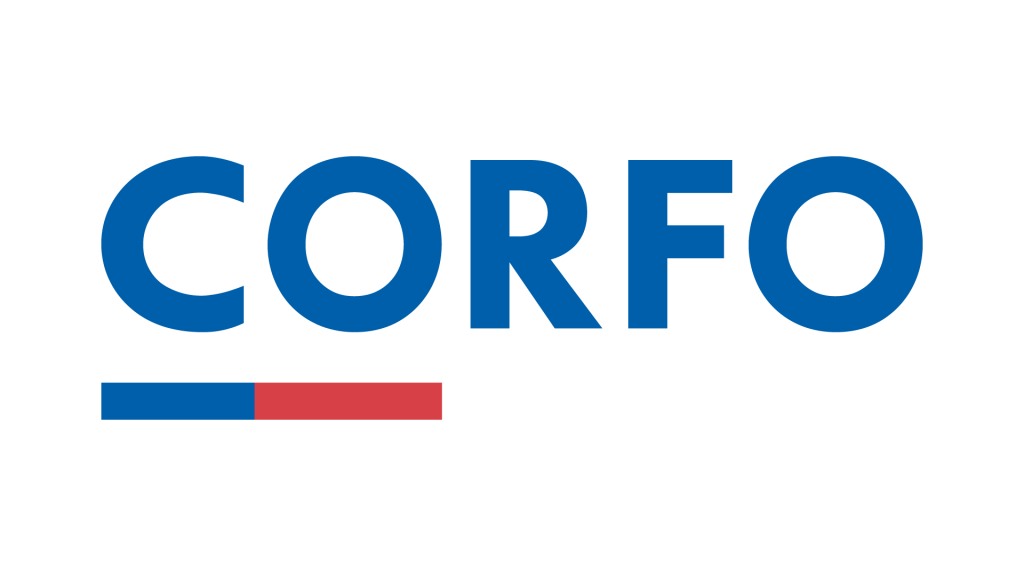July 30-31, 2024, Santiago

Join RENMAD Chile 2024 and strengthen your leadership in green hydrogen and renewable energy storage
Chile’s energy future is here and now! After the resounding success of RENMAD Chile 2023, which brought together more than 200 industry leaders, 70 expert speakers and launched the prestigious RENMAD Awards, the third edition of the RENMAD Chile event arrives on July 30 and 31, 2024 in Santiago.
Chile is firmly committed to decarbonization and the transition to a greener economy. Green hydrogen and renewable energy storage are the foundations of this transformation. Storage enables the electrification of the economy efficiently, while green hydrogen facilitates the decarbonization of sectors of the economy that cannot be electrified. More importantly, green H2 opens up opportunities for the mass export of carbon-neutral chemicals/products, such as green methanol, green ammonia, and e-fuels.
In line with its goal of being carbon neutral by 2050, Chile is working on installing an impressive renewable generation capacity. However, most of these sources, such as solar and wind, are variable. Overcoming this variability and ensuring a steady supply of energy will require significant investment in storage.
Storage is essential to manage excessive energy production, avoiding photovoltaic curtailment and hours at zero marginal cost. This maximizes the profitability of renewables, making the most of installed capacity and mitigating congestion issues in the transmission grid.
Don’t miss the opportunity to participate in RENMAD Chile 2024, on July 30 and 31 in Santiago, Chile. More than 70 speakers and more than 300 attendees from leading companies and institutions in the sector will come together to discuss, share knowledge and make connections.
RENMAD Chile 2023 featured high-caliber speakers from organizations such as the Ministry of Energy, National Electricity Coordinator, CORFO, Engie, Mainstream Renewables, Linde, AES, and many more. In 2024, RENMAD Chile is back with even more leading figures in the industry, ready to share their ideas and experiences.
High-level networking: Connect with more than 200 senior executives from leading companies in green hydrogen and renewable energy storage
Strategic insights: Gain valuable insights to boost your business in direct conversations with the executives leading the most important projects in Chile
Save time and money: RENMAD Chile 2024 gives you the opportunity to gain key contacts and knowledge in as little as two days, saving months of effort and expense
Stand out in your company: By attending this crucial event, you demonstrate your commitment to growth in the industries of the future
In addition, by attending RENMAD Chile 2024 you will be able to enjoy a whole experience that includes…
RENMAD Chile Awards 2024: We celebrate excellence with awards recognizing outstanding contributions in green hydrogen and energy storage
Networking Party: Start the event with a networking party that allows you to make connections from day one
Lunches and coffee breaks included to enhance networking: Enjoy delicious food and drinks while interacting with your future customers and partners
Access to both rooms: Your pass allows you to explore both the energy storage room and the green hydrogen room, maximizing your experience
Don’t let the future catch up with you. Register your interest right now and join the pioneers who are building the green hydrogen and renewable energy storage industries in Chile. We look forward to seeing you at RENMAD Chile 2024!



Get access to the most cutting-edge content from top companies and expert speakers. Listen to the essential information to make your H2 or storage business profitable and prepare your strategy for the future.
Chat with the speakers. In addition to getting answers to your questions during the presentations, you will be able to chat with the speakers and attendees during the many hours of networking.
Face-to-face event. We bring together all the executives of the renewable hydrogen value chain. Establish relationships with future customers, partners or suppliers and accelerate the course of your projects.
Expo Area. Get a closer look at the offering of leading H2 and energy storage companies and find the solutions you need for your projects
Content on demand: In addition to being able to attend the event in person, business pass holders will get the conference video recordings sent to them after the conference
 Access to content
Access to content
 Chat with the speakers
Chat with the speakers
 Face-to-face event
Face-to-face event
 Expo Area
Expo Area
 Content on demand
Content on demand
Get access to the most cutting-edge content from top companies and expert speakers. Listen to the essential information to make your H2 or storage business profitable and prepare your strategy for the future.
Chat with the speakers. In addition to getting answers to your questions during the presentations, you will be able to chat with the speakers and attendees during the many hours of networking.
Face-to-face event. We bring together all the executives of the green hydrogen value chain. Establish relationships with future customers, partners or suppliers and accelerate the course of your projects.
Expo Area. Get a closer look at the offering of leading H2 and energy storage companies and find the solutions you need for your projects
Content on demand: In addition to being able to attend the event in person, business pass holders will get the conference video recordings sent to them after the conference
Raise the profile of your company in the Chilean renewable H2 and energy storage industries. Build new business relationships, generate leads and position yourself as an industry leader

Jesús Rodríguez
